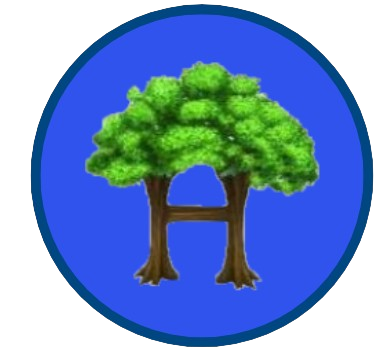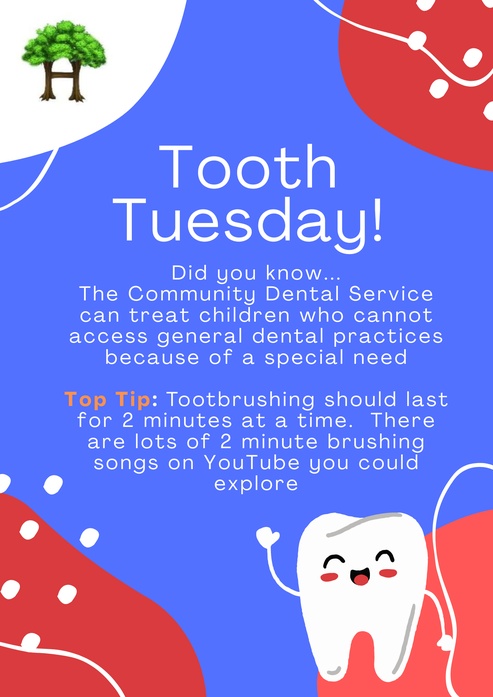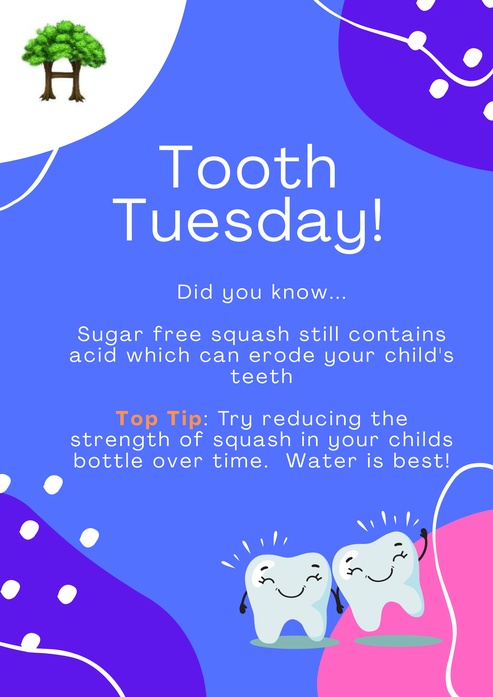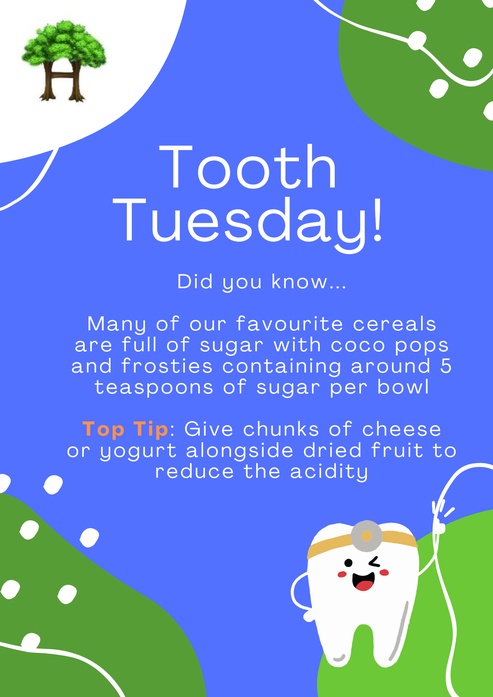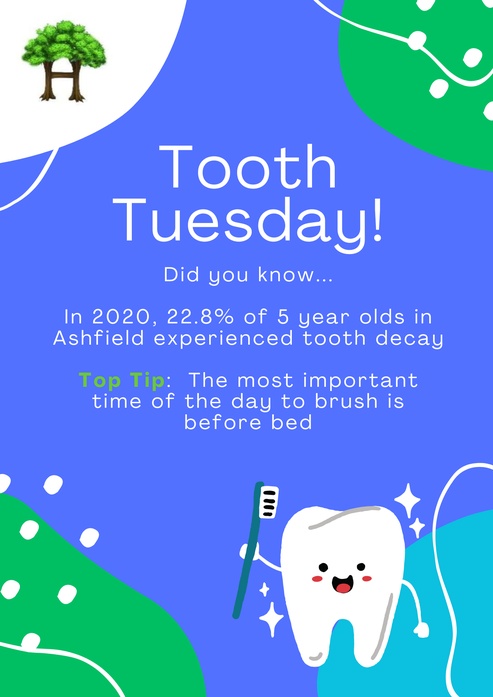Early Years Foundation Stage
The Early Years Curriculum
The Foundation Stage begins when children reach the age of 3 and finishes at the end of the school year in which the child is 5.
The EYFS Framework explains how and what your child will be learning to support their healthy development. Your child will be learning skills, acquiring new knowledge and demonstrating their understanding through 7 areas of learning and development.
Children should mostly develop the 3 prime areas first. These are:
- Communication and language - giving children opportunities to experience a rich language environment; to develop their confidence and skills in expressing themselves; and to speak and listen in a range of situations
- Physical development - providing opportunities for young children to be active and interactive; and to develop their co-ordination, control, and movement. Children must also be helped to understand the importance of physical activity, and to make healthy choices in relation to food.
- Personal, social and emotional development - helping children to develop a positive sense of themselves, and others; to form positive relationships and develop respect for others; to develop social skills and learn how to manage their feelings; to understand appropriate behavior in groups; and to have confidence in their own abilities.
These prime areas are those most essential for your child’s healthy development and future learning.
As children grow, the prime areas will help them to develop skills in 4 specific areas. These are:
- Literacy - encouraging children to link sounds and letters and to begin to read and write. Children must be given access to a wide range of reading materials (books, poems, and other written materials) to ignite their interest.
- Mathematics - providing children with opportunities to develop and improve their skills in counting, understanding and using numbers, calculating simple addition and subtraction problems; and to describe shapes, spaces, and measures.
- Understanding the world - guiding children to make sense of their physical world and their community through opportunities to explore, observe and find out about people, places, technology and the environment.
- Expressive arts and design – enabling children to explore and play with a wide range of media and materials, as well as providing opportunities and encouragement for sharing their thoughts, ideas and feelings through a variety of activities in art, music, movement, dance, role play, and design and technology.
These 7 areas are used to plan your child’s learning and activities. The professionals teaching and supporting your child will make sure that the activities are suited to your child’s unique needs. This is a little bit like a curriculum in primary and secondary schools, but it's suitable for very young children, and it's designed to be really flexible so that staff can follow your child's unique needs and interests. Children in the EYFS learn by playing and exploring, being active, and through creative and critical thinking which takes place both indoors and outside.
If you require any further information about the Foundation Stage Curriculum please contact Mrs Zoe Dursley (Foundation Stage Leader).
Changes to the Early Years Foundation Stage Framework 2021
School Readiness
Starting school is a significant milestone in a child's life. Many parents and carers might question what it means to be 'school ready'. Historically, this might have meant being able to recognise letters, numbers, sit still and follow instructions, however new research has shown that being 'school ready' is a more holistic and we need to focus more on social, emotional, cognitive and physical development.
Being 'school ready' means your child is able to do things such as:
- use the toilet independently
- share and take turns
- enjoy physical activities such as climbing, playing, running and jumping
- make friends
- separate from parents and carers
- talk about themselves and their feelings
School readiness goes so much futher than academic skills. Each child's journey is unique and children at our school grow at their own pace, supported by our nurturing environment. We understand that some children may have additional needs and support will be tailored to each individual guide.
Click here to watch a video with ideas on helping your children get ready for school.
Click here for more information on starting in Reception.
Foundation Stage Long Term Overviews
Our Early Years curriculum is underpinned by our love of stories and books. Each term we also celebrate stories through Drawing Club, Talk for Writing and wider topic books. Cultural diversity is celebrated through a range of authors or characters from diverse backgrounds and these are noted with a 'world' symbol. Below is our book overview for each term:
Brushing Buddies!
Oral hygiene is so important and in Nursery and Reception we brush our teeth in school several times a week. Please see the tips below for more information about having a healthy mouth.
